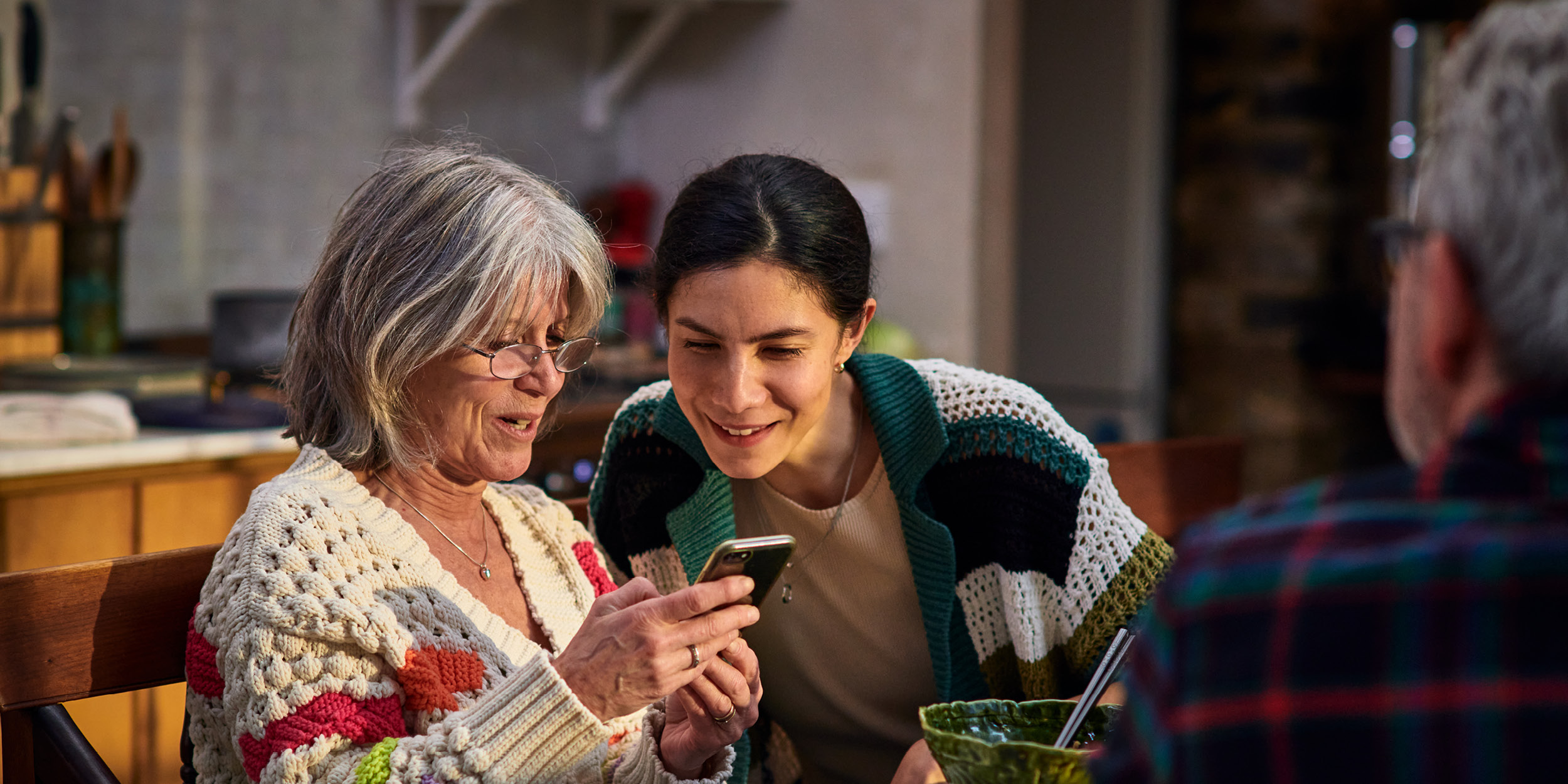World Elder Abuse Awareness Day
Rebecca Stoeckle and Kristin Lees Haggerty share how a mentoring program is working to end elder mistreatment.

June 15 is World Elder Abuse Awareness Day. The “awareness” part means that there will be an uptick in stories and data conveying the magnitude of the scourge of elder mistreatment—10% of all older adults experience some form of mistreatment; a projected 7.3 million older adults will be mistreated by 2030; and of that total, about 7 million will go unreported.
These bleak figures join others (mass shootings, the war in Ukraine) in the news these days as evidence of the harms that humans can do to one another. It is easy to feel discouraged and to turn away. But consider what can happen when we engage with difficult issues, work collectively to understand the factors that drive destructive behaviors, and find solutions that will move us toward prevention and healing.
Over the past couple of days, we’ve been reading through a set of applications for the first cohort of a mentoring program EDC is directing through our role in leading the National Collaboratory to Address Elder Mistreatment. This annual program will match clinicians, researchers, and policymakers from a broad range of disciplines, career stages, and demographics with a mentor who is one of the nation’s leading experts in elder mistreatment. Applicants are physicians, social workers, nurses, advocates, adult protective service providers, legal assistants, students, and faculty. They live in blue and red states, in big cities, and in rural areas.
The range of projects these applicants propose to undertake is breathtaking. A few examples are amending the nursing licensure exam to require coursework on elder abuse (equivalent to that required for child abuse), developing tools to help home care and hospice workers identify elder abuse, examining the intersection between financial exploitation and family caregiving, and using art and storytelling to mitigate the social isolation that can make older adults more vulnerable to abuse. Not all of these applicants will be matched with a mentor in this first round, but each of these remarkable individuals will use their personal and professional strengths to make their communities, and our world, a little safer and kinder.
We’re in. Are you?








